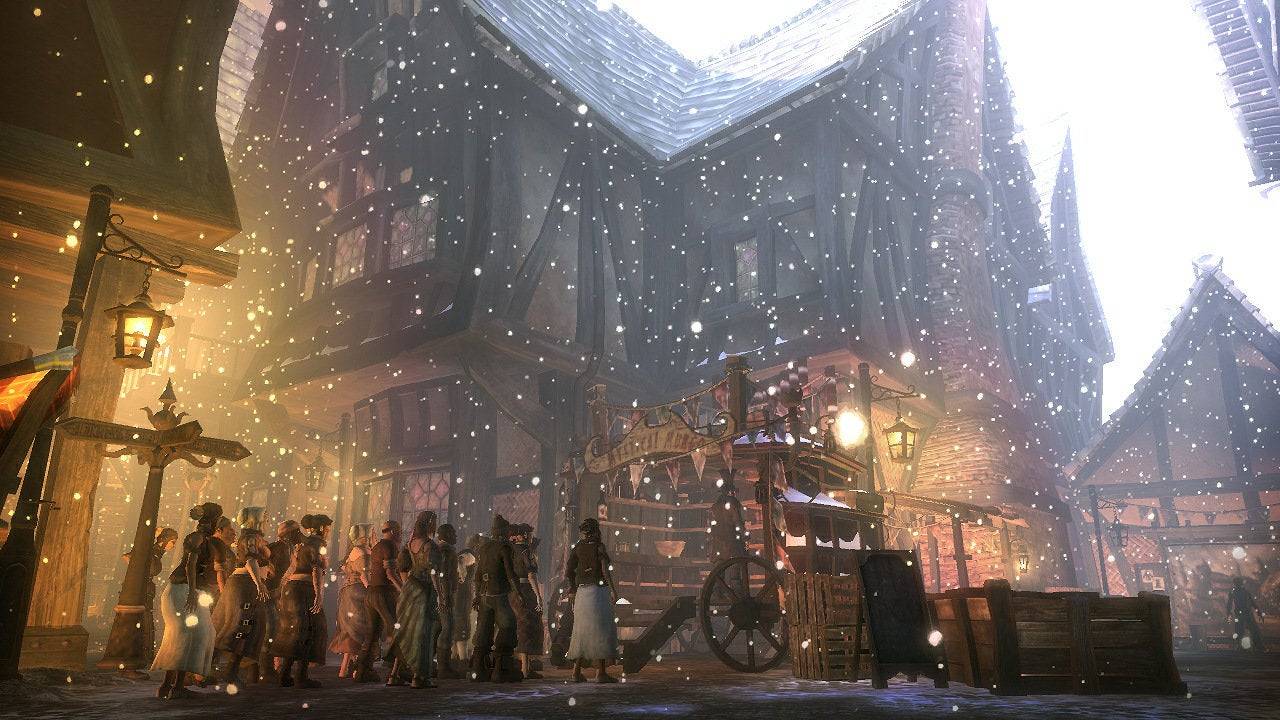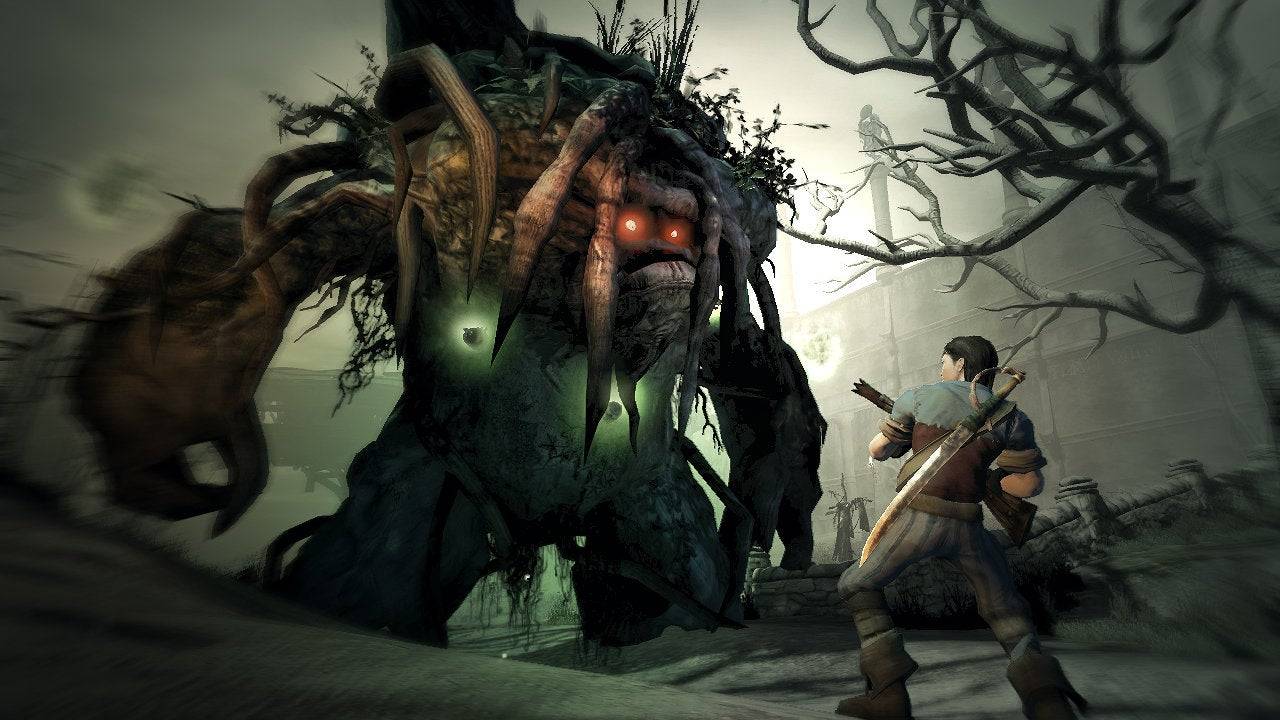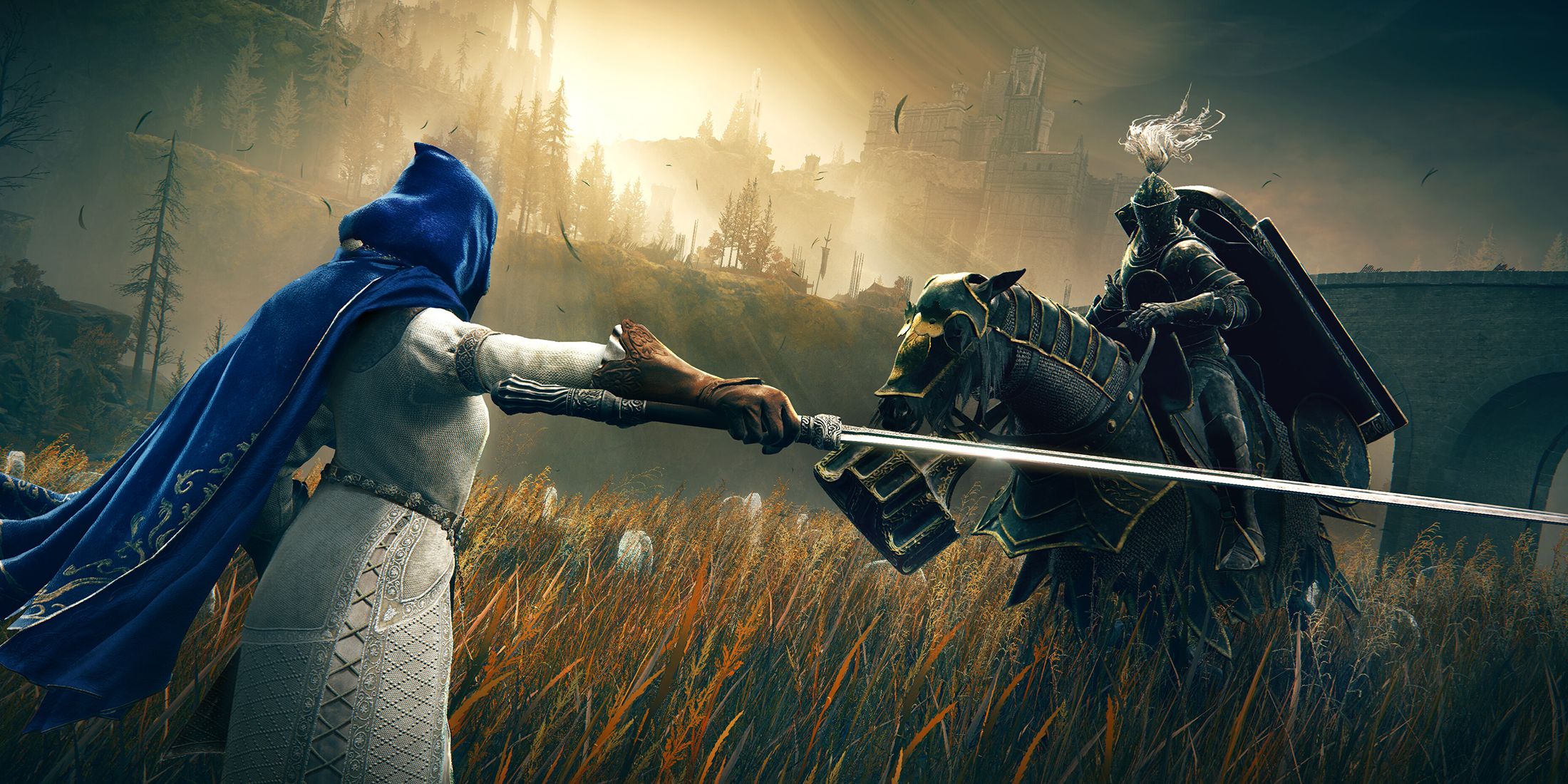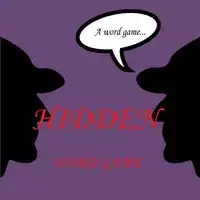Don't Wait For Fable, Play Fable 2 Instead
Buried within this week's Xbox Podcast was exciting, albeit bittersweet, news about Playground Games' Fable. A rare glimpse of gameplay was revealed, but unfortunately, accompanied by a delay. Initially slated for release this year, Fable is now set for 2026.
While delays are rarely welcome, they often signal a game striving for depth and detail. This extra time could be beneficial for Fable. In the meantime, there's no better opportunity to revisit the Fable series, particularly Fable 2, a standout entry that deserves rediscovery.
Even by today's standards, Fable 2 remains remarkably unusual. Compared to its 2008 contemporaries (including Fallout 3 and early BioWare 3D titles), its vision is unique. While featuring a traditional campaign structure with a linear story and side quests, its RPG systems are refreshingly approachable. Forget complex stat blocks; Fable 2 simplifies things, making it accessible even to RPG newcomers.Six core skills govern health, strength, and speed. Weapon damage is the only significant combat stat; armor and accessories lack comparable numerical values. Combat is streamlined, yet creative spellcasting (like the hilarious Chaos spell) adds flair. Even death carries a minimal XP penalty, removing a common source of frustration.
Fable 2 is, in essence, the perfect RPG for those new to the genre. In 2008, Oblivion's vast world might have felt overwhelming. Fable 2's Albion, however, offered smaller, manageable maps, allowing players to freely explore and discover hidden treasures, caves, and challenging Demon Doors. This design creates a sense of scale and adventure beyond its actual size. Albion's geography is somewhat restrictive, guiding players along linear paths, but this isn't necessarily a drawback.
Albion, while not as expansive as Morrowind or BioWare's Infinity Engine worlds, shouldn't be judged by those standards. Fable 2 prioritizes a vibrant, bustling world brimming with life. Consider it akin to The Sims—a remarkable societal simulation.

While the player is a Hero, destined for grand adventures, Fable 2 is more engaging when fully integrated into its society. Players can buy and manage properties, work various jobs (woodcutting and blacksmithing offer surprisingly relaxing minigames), woo NPCs, and even start a family. While individual elements might feel artificial, the overall effect creates a genuine sense of life.
A well-executed fart may have the pub patrons howling with laughter.“Few RPGs have replicated this aspect. Even Baldur's Gate 3 lacks Fable 2's organic romances and property market mechanics. However, Red Dead Redemption 2 offers a similar, albeit more polished, approach to NPC interaction and a responsive world. Rockstar's game features believable reactions to player behavior, and meaningful interactions can have lasting consequences. If Playground Games' Fable aims to stay true to its roots, Red Dead Redemption 2 should serve as a modern touchstone.
Other crucial elements for the new Fable include retaining its British humor, witty social satire, and a memorable cast of characters (something Playground seems to be addressing with Richard Ayoade and Matt King). Most importantly, Lionhead's approach to good and evil must be preserved.

The footage suggests a more open world than previous entries, and the detail in the environment is impressive. The hope is that Playground Games has retained Fable 2's societal simulation. The prospect of interacting with NPCs, shaping the world through actions, and experiencing the game's unique blend of humor and morality is exciting.
This vision, however, is a year away. In the meantime, revisiting Fable 2 will highlight its unique qualities and the importance of preserving its spirit in the upcoming sequel. The new Fable shouldn't be a Witcher, Baldur's Gate, or Dragon Age clone; it needs to be Fable, in all its quirky glory.
- 1 Pokemon GO Fest 2025: Dates, Locations, and Event Details Jan 08,2025
- 2 Pokémon TCG Pocket: Wonder Pick Date, Time, and Promo Cards – February 2025 Mar 03,2025
- 3 How to Get All Ability Outfits in Infinity Nikki Feb 28,2025
- 4 Black Myth: Wukong Tops Steam Charts Days Before its Launch Jan 07,2025
- 5 Ukrainian Internet Stalled as 'S.T.A.L.K.E.R. 2' Release Overwhelms Dec 30,2024
- 6 inZOI, a Korean Sims-Like, Delayed to March 2025 Mar 01,2025
- 7 Starseed Asnia Trigger Codes (January 2025) Mar 06,2025
- 8 Assassin's Creed Shadows Postponed to March 2025 for Enhancements Feb 21,2025
-
Budgeting & Investing: Your Guide to Financial Apps
A total of 9
-
Addictive Hypercasual Games for Quick Play
A total of 10
-
Best Role Playing Games for Android
A total of 10






























